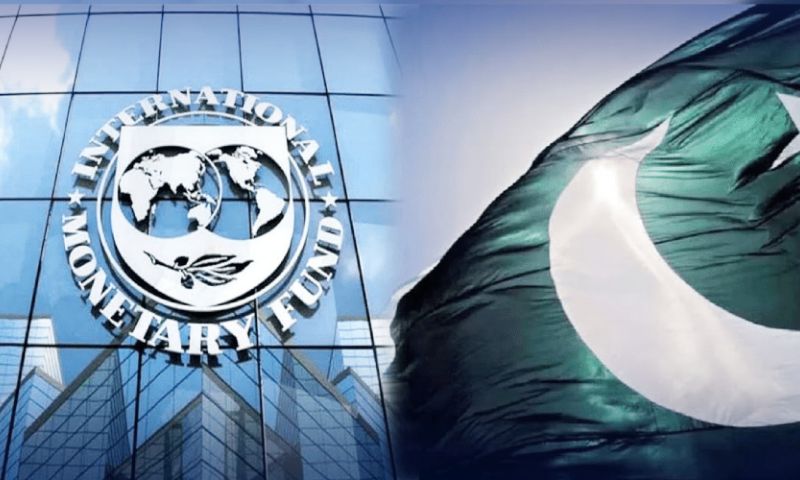The International Monetary Fund (IMF) executive board is scheduled to convene on April 29 to deliberate on the approval of $1.1 billion funding for Pakistan, as announced by the fund on Wednesday.
This funding represents the second and final tranche of a $3 billion standby arrangement that Pakistan secured last summer to avert a sovereign default. The arrangement is set to expire this month.
Pakistan, grappling with a chronic balance of payment crisis, is actively seeking a new long-term, larger IMF loan. Finance Minister Muhammad Aurangzeb has indicated that Islamabad aims to secure a staff-level agreement on the new program by early July.
The country emphasizes the need for a loan spanning at least three years to bolster macroeconomic stability and implement overdue structural reforms, although specifics regarding the size of the program have not been disclosed by Aurangzeb.
While Pakistan has yet to formally request the loan, discussions between the Fund and the government are already underway. If obtained, this would mark Pakistan’s 24th IMF bailout.
The $350 billion economy faces significant challenges, with nearly $24 billion in debt and interest payments due over the next fiscal year—three times more than the central bank’s foreign currency reserves.
Pakistan’s finance ministry forecasts economic growth of 2.6% in the current fiscal year ending June, with average inflation projected to be 24%, down from 29.2% in fiscal year 2023/2024. Inflation peaked at a record high of 38% last May.


